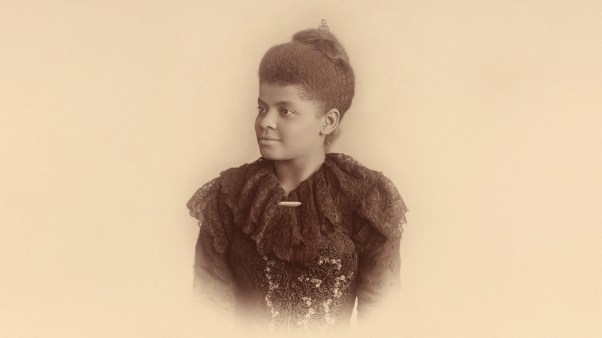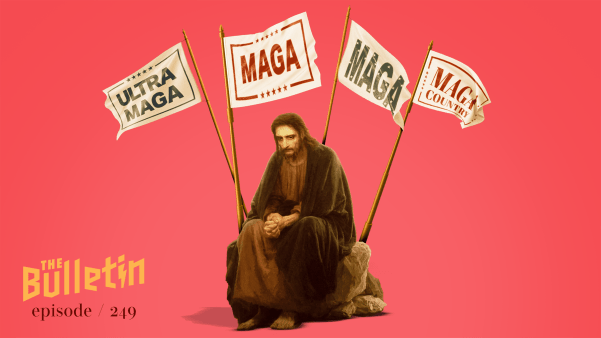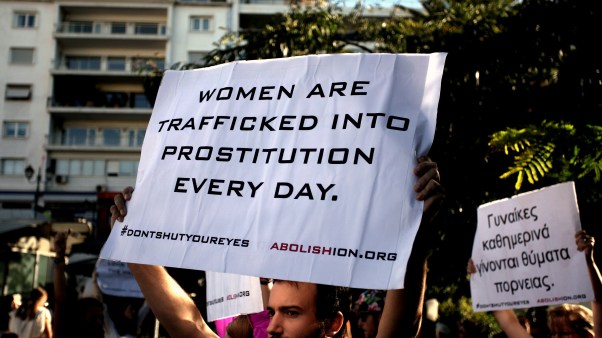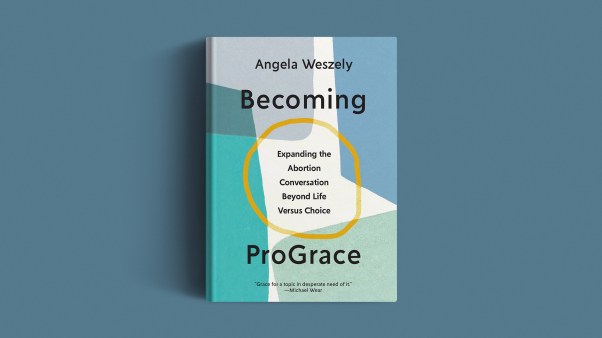Earlier this month, from September 16th through the 18th, Christian scholars and students gathered at Cornerstone University in Grand Rapids, Michigan for a conference provocatively titled “After Worldview: Christian Higher Education in Postmodern Worlds.” In the surge of intellectual and cultural engagement that began with the influence of Francis Schaeffer in the 1960s, few ideas have been more influential among evangelical thinkers and activists than the concept of “worldview.” As David Naugle showed in his landmark study, Worldview: The History of a Concept (published by Eerdmans in 2002 and later reviewed as a B&C Book of the Week by Dan Siedell of the University of Nebraska-Lincoln), the notion has a long history, beginning in the Enlightenment with the philosopher Immanuel Kant and widely employed by Christian thinkers from the late 19th century onward.
In our own time, its foremost practitioners include figures such as Schaeffer, Jim Sire (whose book The Universe Next Door, reissued this year in a new edition by InterVarsity Press, has introduced the concept to a couple of generations of students), and a number of prominent apologists as well as many leading activists who regard worldview as an indispensable tool in arming Christians for the culture wars. Today, you can go on the web and take a quiz that will tell you what your worldview is. Several friends of mine have taken it, only to be informed that they don’t even have a Christian worldview.
But if worldview analysis is so well established in the evangelical world these days, why the theme “After Worldview”? Critics come at it from many angles, but if you polled a random sampling of scholars at a Christian college you’d get a goodly number who find the concept unsatisfactory, in its fundamental character (tainted by the pretensions of Enlightenment reason and the “modern project,” many would say), its popular application, or both. At the same time, many advocates of worldview analysis report that for their students, the discovery of the concept is the single most valuable experience in their college years. (David Naugle says this in his conversation with Ken Myers on the Mars Hill Audio Journal from a couple of years ago.) Moreover, they add, far from being ubiquitous, worldview thinking is tragically absent in many evangelical churches, which teach a version of the faith that lacks a robust theology of creation and ill-prepares young people for engagement with a pluralistic and increasingly post-Christian culture. Given this state of affairs—this sharp divide about worldview at the heart of evangelical scholarship—the Cornerstone conference was timely indeed.
The keynote speakers were a Who’s Who of worldview studies—Calvin Seerveld, Naugle, Richard Middleton, James Olthuis (who has radically reshaped his understanding of the subject, calling not only for a “view” but also for the taste and sound and smell of what’s worthy of our trust), Al Wolters, and Sire (who drew on the nuanced account of worldview offered in his new book from IVP, Naming the Elephant)—and none of them disappointed. In the concurrent sessions, there was a healthy mix of advocacy and dissent. If there was a disappointment, it was that advocates and dissenters rarely seemed to engage productively. Several papers that offered some penetrating criticism of worldview discourse left the impression that the concept should simply be abandoned altogether rather than nuanced, made more congruent with the Real.
That leaves plenty of room for more conversation. Meanwhile, I’m already looking forward to next year’s Civitas Conference at Cornerstone. The theme? “After Evangelicalism.” Stay tuned.
John Wilson is editor of Books & Culture magazine.
Copyright © 2004 Christianity Today. Click for reprint information.
Related Elsewhere:
More information about the conference is available from Cornerstone’s Civitas Conference webstite.
Books & Culture Corner appears every Tuesday. Earlier editions of Books & Culture Corner and Book of the Week include:
A Forgotten Founder’s Fatherhood | Race, nature, and patriarchy meet in Rhys Isaac’s biography of early American diarist Landon Carter. (Sept. 21, 2004)
The Great American Hustle | The first volume of an ambitious new history of America highlights the engine of “worldly ideals”—and the role of evangelical religion in creating a distinctive American identity. (Sept. 14, 2004)
The Poet Who Remembered | Poland (mostly) honors Czeslaw Milosz upon his death. (Sept. 07, 2004)
Be Careful What You Pray For | The strange tale of the controversial Bishop Pike and his fatal quest for relevance. (Aug. 31, 2004)
Book ‘Em! | The concluding installment of our three-part midyear book roundup (Aug. 24, 2004)
(Not Just) Summer Reading | Part 2 of our midyear report on outstanding books. (Aug. 17, 2004)
Real Fantasy | The first installment in a new Tolkien-inspired series shows genuine promise. (Aug. 17, 2004)
We’ve Got Books | The first installment of our new midyear book report. (Aug. 10, 2004)
‘Be Happy!’ | How the ancient Olympics differed from the modern spectacle. (Aug. 10, 2004)
Rediscovering ‘Husbandry’ | What Colonial farmers have to teach us about living with the land. (Aug. 03, 2004)
China’s Spiritual Hunger | The lessons of Falun Gong (July 27, 2004)
Ambiguous Redemption | A riveting memoir by the author of Don’t Let’s Go to the Dogs Tonight. (July 20, 2004)
Tending the Garden | Evangelicals and the environment. (July 07, 2004)








